While most people recognize that postpartum depression (PPD) is hard on the mother, few understand just how deeply it can affect the entire family.
I remember sitting on the nursery floor, holding my newborn and crying—not because anything was wrong with the baby, but because everything felt wrong with me. My husband didn’t know how to help, and I didn’t have the words to explain what I was feeling. Looking back, it wasn’t just exhaustion—it was postpartum depression, and it was affecting all of us.
From strained relationships with your spouse to bonding challenges with the baby, the ripple effects of untreated postpartum depression are very real—but so is the hope for healing.
What Is Postpartum Depression?
Let’s start with the basics. Postpartum depression is a clinical condition that goes beyond the typical “baby blues.” While it’s normal to feel a little weepy or overwhelmed after birth, PPD is more intense and long-lasting.
It can interfere with a mom’s ability to care for herself, her baby, and the relationships around her. And the longer it goes untreated, the greater its impact on the entire family unit.
How Does Postpartum Depression Affect the Family?
When a new mom is struggling emotionally, it affects everyone. It can shift the entire energy of a household. Mom might feel detached, exhausted, or irritable. Her partner might feel helpless, confused, or shut out. And the baby—who relies on emotional cues to bond and thrive—may struggle to feel connected.
In fact, the American Academy of Pediatrics has stated that postpartum depression is one of the most important risk factors for family stress. Up to 60% of couples have at least one partner experiencing depression during the transition to parenthood. That’s right, men can suffer from postpartum depression, too!
Postpartum Effects on Marriage
The postpartum period is a major test for any relationship. Add depression into the mix, and it’s easy to see how strain builds quickly.
Moms with PPD may experience mood swings, withdrawal, or even postpartum anger at their husband or partner. Communication often breaks down as one or both partners become overwhelmed. Physical intimacy may disappear, and emotional closeness can feel unreachable.
One mom shared that she couldn’t stand to be touched—even a simple hug felt like too much. She loved her partner deeply, but between the exhaustion, the intrusive thoughts, and the changes in her body, intimacy was the last thing on her mind. Her partner felt rejected, and she felt guilty—but neither of them had the words to talk about it.
All of this can place enormous pressure on a couple, sometimes leading to thoughts of separation or even divorce.
If you’ve searched “postpartum depression and divorce” or “postpartum anger at husband,” you’re not alone—and what you’re feeling is more common than you think.
How Postpartum Depression Affects Bonding With the Baby
Babies are incredibly perceptive. They pick up on tone, expression, and presence. If a mother is wrapped in her own sadness or anxiety, it can interfere with the baby’s ability to form a secure bond.
Some signs of disrupted bonding include:
- A baby who seems unusually clingy or, conversely, withdrawn
- Difficulty settling during feedings or sleep
- Avoidance of eye contact or lack of response to soothing
Postpartum depression can impact how a mother responds to her baby’s cues, leading to long-term consequences in emotional development. Studies have shown that a depressed mother’s emotional unavailability can contribute to future challenges in a child’s ability to manage stress and form healthy relationships.
The Silent Struggle of Fathers
Moms aren’t the only ones who suffer. Studies show that up to 25% of new dads experience some form of postpartum depression—especially when their partner is also struggling.
But paternal depression often looks different:
- Irritability or anger
- Withdrawal from the family
- Increased work hours or distractions
- Difficulty bonding with the baby
Many men don’t realize they’re dealing with depression. Add the stigma around masculine emotional expression, and you have a recipe for untreated paternal PPD. This creates a vicious cycle where both partners are struggling, but neither feels seen or supported.
How to Help a Partner With Postpartum Depression
If you’re watching someone you love go through postpartum depression, know that your support matters more than you think.
Here are some ways to help:
- Encourage them to talk to a professional—a therapist, doctor, or postpartum specialist.
- Offer help with small, tangible tasks (meals, baby care, laundry).
- Listen without trying to “fix” everything.
- Remind them they’re not failing—they’re healing.
And don’t forget to care for yourself, too. You can’t pour from an empty cup.
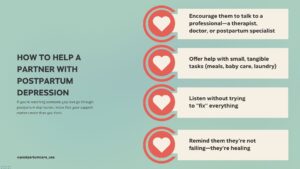
The Long-Term Impact of Untreated PPD
When PPD is left untreated, it can have long-lasting consequences:
- Chronic stress in the home
- Lasting emotional distance between partners
- Developmental or behavioral concerns in children
- Increased risk of anxiety or depression in other family members
It can even lead to ongoing issues with trust, communication, and emotional connection in marriage.
But waiting and hoping it goes away on its own isn’t the answer—healing begins when you get the right support.
Bringing Peace to Your Family During the Postpartum Phase
Postpartum depression is highly treatable. Most women—and families—who seek help experience major improvements in their emotional wellbeing.
At Postpartum Care USA, we specialize in treating the root causes of PPD through:
- In-depth lab testing to check for nutrient deficiencies and hormone imbalances
- Personalized supplement and nutrition plans to support mood regulation
- Supportive care from licensed providers who understand the postpartum journey
We believe that when a mother heals, the entire family heals.
Healing Starts with Support—for You and Your Family
Postpartum depression doesn’t just affect moms. It affects marriages, babies, siblings, and entire households. But with the right care and support, families can recover and thrive.
If you or someone you love is showing signs of postpartum depression, don’t wait. Reach out today and get the support your family deserves.
Pin This for Later:
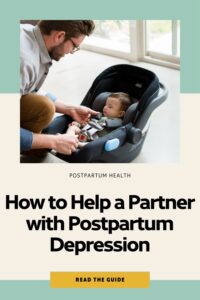
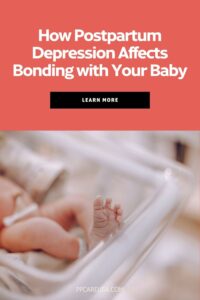
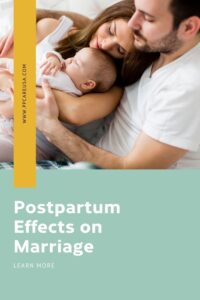
Postnatal Depletion
Meet the Team
Our Services
Supplements
A virtual healthcare clinic that helps postpartum mamas recover from postnatal depletion syndrome with a holistic approach.
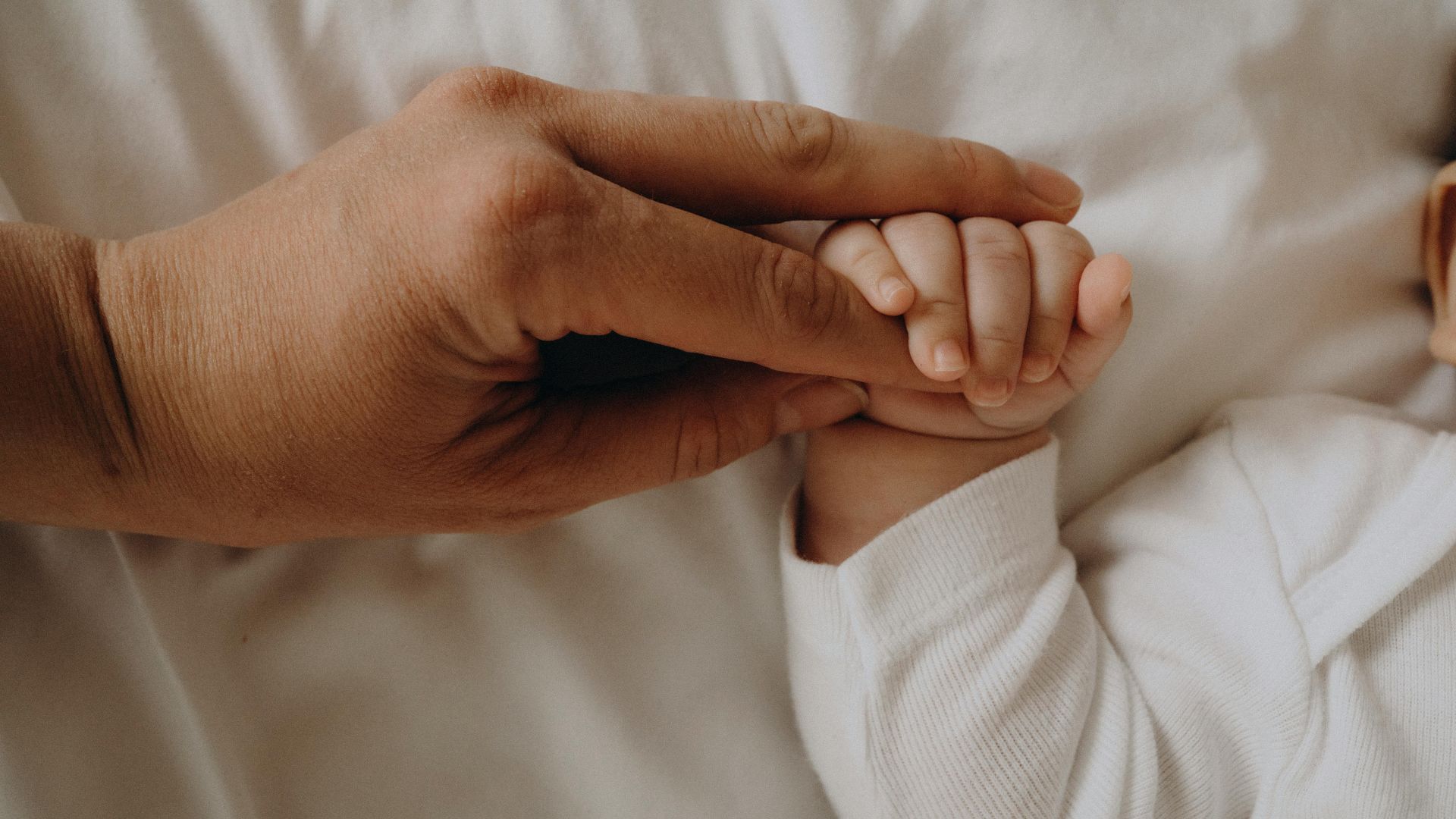
Get in touch